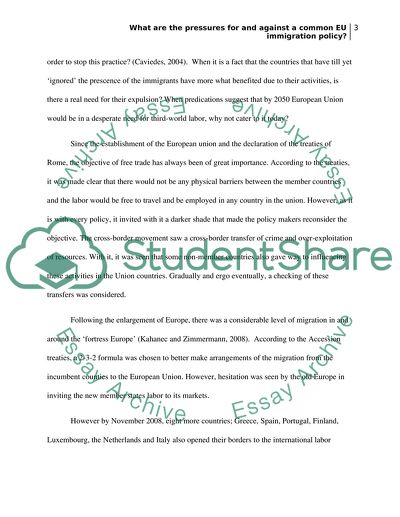Cite this document
(What are The Pressures For and Against a Common EU Immigration Policy Research Paper, n.d.)
What are The Pressures For and Against a Common EU Immigration Policy Research Paper. Retrieved from https://studentshare.org/politics/1736115-what-are-the-pressures-for-and-against-a-common-eu-immigration-policy
What are The Pressures For and Against a Common EU Immigration Policy Research Paper. Retrieved from https://studentshare.org/politics/1736115-what-are-the-pressures-for-and-against-a-common-eu-immigration-policy
(What Are The Pressures For and Against a Common EU Immigration Policy Research Paper)
What Are The Pressures For and Against a Common EU Immigration Policy Research Paper. https://studentshare.org/politics/1736115-what-are-the-pressures-for-and-against-a-common-eu-immigration-policy.
What Are The Pressures For and Against a Common EU Immigration Policy Research Paper. https://studentshare.org/politics/1736115-what-are-the-pressures-for-and-against-a-common-eu-immigration-policy.
“What Are The Pressures For and Against a Common EU Immigration Policy Research Paper”, n.d. https://studentshare.org/politics/1736115-what-are-the-pressures-for-and-against-a-common-eu-immigration-policy.


